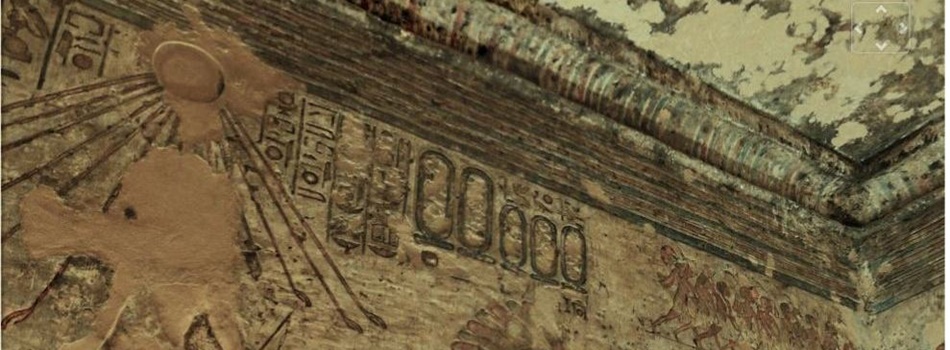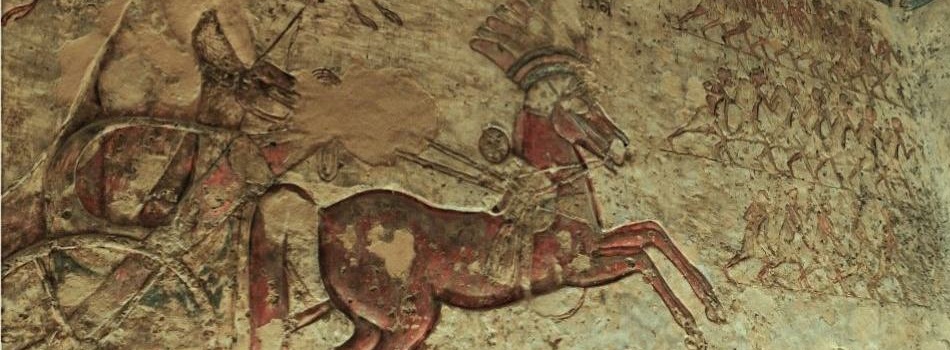The World-Cultural-Heritage in 2026
Das Weltkulturerbe
www.vadere.de
Hunger 2017
Theme: Matter/ Hunger
Date: 2010/10/29 11:29:11 Western European Standard Time.
From: UrsulaKaiserin@aol.com
To: webcomments@euro.who.int
Internet email: (details)
Ursula Sabisch, Meesenring 4, 23566 Luebeck, Germany
To the
WTO and WHO
CO/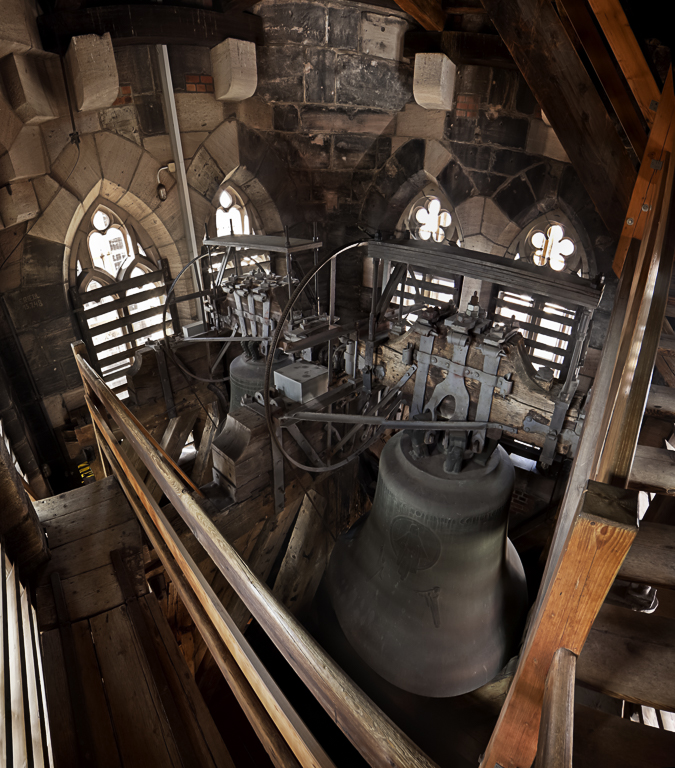
To all
Sat-Stations Worldwide
Germany, Luebeck, 29 Oct. 2010
Free English translation on 4 August 2021.
Please, let the German-language writing be translated into many commercial languages and handed over to the right places.
Hunger
Dear Sir or Madam,
As already announced, I am writing to you once again with what I hope is a letter of substance, intended for everyone and calling for action. The starting point of this letter is the documentary film "Hunger", which was shown for the first time on Monday, 25 October, on the First German Television and followed on Tuesday, 26 October, by the channel Phoenix with a subsequent discussion.
This film about world hunger is a highly valuable documentary in terms of content, clearly showing the reality and stating clear facts, which are given in writing in between. It is also particularly valuable because some local people, who were mentioned by name, spoke negatively in front of the camera about the actions of the local rulers and certainly one or the other put their health or even their life on the line so that these atrocities and this great injustice reach the right places!
The subsequent discussion on Tuesday, which can possibly also be viewed in the media library of the above-mentioned broadcasters on the Internet under "Phoenix Runde", was filled with people who were partly on site and who are all well acquainted with the matter of "hunger" in the world. This follow-up programme is also to be recommended in any case.
What particularly stood out was the professor's clear statement that even without genetic manipulation there is and was enough food in the world to feed all of humanity, something that has been denied for years and is still being denied. These are quite sad moments when you have to listen to something like this and nobody is really shocked about it.
Regretful phrases and reasons are sought and ways of doing things better, which nevertheless sounded good. The German missionary in particular criticised the IMF in relation to the trade deals with Africa.
The people who depended on those who are equipped with this knowledge and corresponding skills and who also work at the "signal boxes" where life and death of the poor and poorest population is decided, starved to death to a large extent, because if money is paid for decades but knowingly does not always reach where it is lacking, then this is called highly negligent and irresponsible in legislation, also on behalf of those who earned the money in the first place.
The film talked about droughts caused by climate change, which have quadrupled in Kenya in recent years, whereas climate change would be synonymous with pollution and global warming, and certainly not caused by Africans in Kenya or Mauritania.
The basis for people in the Third World is first and foremost water and then seeds, so that livestock can be raised and fields can be tilled. In the film, the locals complained that the water is available, but is diverted through a pipeline to Nairobi, for example, so that the available water is only available for people and animals, but the fields may not be watered because this is strictly forbidden.
The locals do not even get the allotted water on a regular basis, so they sometimes only have the option of tapping the pipeline, which is then punished by the government as theft. For the rose farms near Nairobi, which mainly supply the Netherlands and Germany, the water is needed and so some women earn their money in the rose farms, but the villages and their inhabitants as well as the whole structure of a country is paralysed and determined by those who bring the money and employment into the country through the greenhouses, but draw even more money out of the country, become richer and richer and can build more rose farms and thus the next village is paralysed because of lack of water...........!
Similarly, the Maasai complained about the lack of water, although water comes in sufficient quantity from Kilimanjaro, but the water is diverted so they cannot have enough to live on! Without water there is no life either, a local said rightly, and without water a country remains barren, yieldless and dependent on aid from the First World.
In the film, one could see that the local villagers are now willing to talk to the foreign journalists because they probably assume that people from the First World will not have access to such criminal living situations, what is unfortunately not true. Corruption, slavery, murders and suicides are the order of the day in Brazil as well as in Africa and India, which many people from the First World know very well, especially those who deal with this matter professionally.
Yet these very people usually do not earn badly, quite the opposite. A little house here and a holiday there, that's what you need to switch off and relax, isn't it?
But then you lose touch with reality, and since the extent of these hunger catastrophes is very great, and has even increased in recent years, everyone who is employed weighs themselves down in powerlessness and thus in their financial security due to their very secure and increasingly secure* jobs.
Hawks will not pick out hawks` eyes; this is true in the First World, for example, in politics and business, and it is true in the Third World through the opportunities of those who are supposed to accept and administer funds on behalf of governments, whereby the commissioned persons are often offered the chance by their own government not to fear for their daily bread and for their lives, but to switch to the sunny side of life.
Who can say no when you have a family to feed and when hunger has already been a guest at home, who? You as Europeans, however, do the big business of importing soya and maize, for example, with Brazil and Argentina, there where genetic manipulation is allowed, and now you know that some big farmers enslave their helpers, because if a worker falls ill and does not perform, he is eliminated, also so that he cannot "talk".
There is nothing wrong with fair trade, but as a respectable merchant one does not trade on principle with partners who treat their workers inhumanely or kill them, because then as a trading partner one is directly participating in the aforementioned crime!
Merchants who do not value dignity are also often found on the stock exchange, where food is speculated with, which was also mentioned in the discussion round and is a very important point. However, it is not acceptable for the future that everyone is allowed to trade with foreign countries who does not even know and observe the basic rules of a merchant!
All Brazilian small farmers near or in the vicinity of a large farmer are "ruined" by the latter, either directly or indirectly by the application of the pesticides of the large landowners, which is common in Latin American countries in general in extremely high doses, so that all the vermin spreads to the still untreated or less polluted fields of the small farmers and nobody can make out a crime or unfair competition, although the whole crop of the small farmer is destroyed.
This can only be good for you as an European or American, because that's the only way the low prices can come about and you can make enough money from these deals, can't you? Then you generously come on the scene and brag that you, for example, as Germans, are the third largest donors in the world but forget that the people from the Third World have also provided for your wealth!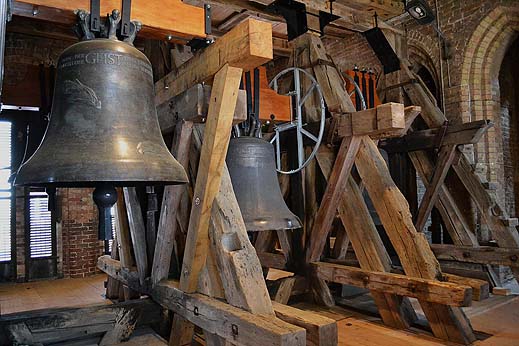
Add to that the fact that the droughts in Africa are due to environmental pollution but you still get on a plane, promote tourism and consumption still has the highest economic priority in your minds, so that the money, the extra food or the fuel are used up and are missing elsewhere and logically must be missing without leaving anything valuable or useful for future generations or for the children, quite the opposite.
That other people also want to live off what is in the world and available, that is something you first have to learn. Among other things, the film showed how food is prepared in Haiti.
You need water, which you have to buy, you need soil and you need butter and salt. The whole thing is then called mud cake or mud biscuits! It was also shown there in Haiti how polluted the small rivers and streams are, which is also not right on the part of the population, especially because epidemics spread very easily through this and usually the children are the first to die.
But it is also very sad that there is wealth in Haiti and certainly not in far distances, but in the immediate vicinity of the slums. It would then be just if the rich had to die first from the epidemics, but unfortunately worldwide justice is still lacking at the moment!
Even the African does not do everything right and waits patiently for things that will never happen without a clearly formulated measure of a restructuring of the country and without a clear break into the existing culture.
The old traditions and cultures are dying out, but the people concerned would also like to get something out of life, achieve something and pass it on to their children. This is true for India, for Mauritania, Haiti and Kenya, because it is a very natural desire and thought. This means for the whole of humanity that a change of thinking has to take place in order to fulfil and respect the natural basic needs of every human being, at least to make it possible for those on earth who are still young to have a right to a normal, humane life and a correspondingly meaningful future through the legacies of their ancestors!
This is not only about humanity alone, but also about the highest good, which was mentioned in the documentary film by calling human the highest, whereby one should actually become suspicious about this falsely made statement, especially when one had to listen to the inhuman methods in Brazil.
Without the protection of nature, a human being cannot live for long; the droughts in Kenya are the best example. The highest good is Creation and therefore it is God who should be there for all human beings, just as the sun still shines for all humanity!
It is expected of every human being, whether Buddhist, Jew, Christian, Muslim, Hindu or of any other faith, that the highest good is taken into account and that in the near future no one continues to sit on a seat where he does not belong!
The bill that will "flutter" into the house does not look good and for this reason alone, bloodshed for the sake of a just cause must be avoided at all costs, so that something positive can develop and the negative does not become more and more apparent. In this context, an African from Kenya or Mauritania as well as from Haiti is just as valuable as, for example, a Swiss or Mongolian.
The beginning in the matter is established by this film in Africa and Brazil, because people there have put themselves in front of the camera for the sake of justice, by risking something that is priceless.
I would like to add to this that it is very important for the children in India or elsewhere that a person can sit on a stool, on a chair or on a bench at a table and eat with a spoon or eating utensils. It is also true for children's schoolwork that there must be a chair and a table.
There are enough forests and trees that can be sensibly felled and the required wood supplied, also so that large forest areas can be divided by forest aisles in such a way that the spread of a large fire to the next large forest area can be prevented. The basic rule, however, is that for every tree felled, at least one new one must be planted....!
Now, it is not necessary to import precious woods from the tropical rainforest for simple tables and chairs, because precious wood should only be felled in a controlled manner, as such trees have to grow for a very long time. Especially the precious wood should not be sold below cost, just as everything must have a fixed price and it should not be for sale to everyone in the future.
It should be processed by hand in a cabinetmaker's workshop for precious pieces of furniture and only in small quantities, but not for individuals of the present would-be-big business! In Africa, too, craftsmanship must find its "golden ground". There, too, there are young people who would like to learn something and earn money themselves.
A small house made of wood is also appropriate for every poor family, as wood in particular offers protection from heat and cold, as well as from various bacteria that have free rein in tin huts. A bed for each person to sleep in is also necessary, but what is most needed is access to water for the people, for the animals and for the plants.
There are the means in the world, there are the people available who are suitable for such projects and there are the ways that the Indian woman Mrs. .... mentioned in the documentary "Hunger" and again in the discussion. One starts in the family and builds up the structure of the villages to the big city.
The locals are not just fools; especially the farmers have inherited a lot from their ancestors and can tell exactly what is needed and where it is necessary to use labour and resources. At present, every millionaire, multimillionaire or billionaire can still decide for himself or herself in which project he or she will put the money that he or she was basically allowed to manage and he or she can check on the spot where the money goes and what comes out of it.
The rich South Africans are also primarily responsible in this respect, as they belong to the continent that has to bear a lot of suffering and injustice. But there is also a lot of poverty and too much imbalance in India, as there are the super-rich there too, as in the whole of Asia.
I would especially like to address and call on the rich oil sheikhs from Arabia, because even the richest one cannot take anything with them if he has to die. Many Americans are also over-rich and there is also a lot of poverty and suffering in the USA, just like in Haiti.
The best way to make a start in this matter is this above-mentioned documentary film with the accompanying panel discussion, which is also important and enlightening and should be broadcast in all common languages worldwide. This letter is also a basic decision and must not be swept under the carpet.
The best way forward would be for interested journalists or expert tourists with a microphone but without a camera to record such valuable statements on tape, so that those affected cannot be put at additional risk, but the matter can and must be settled person to person. In this matter, radio is more helpful than TV and can also reach the recipient more specifically and quickly if he or she is informed of a documentary programme in good time.
If the Emperor were already officially in office, he woul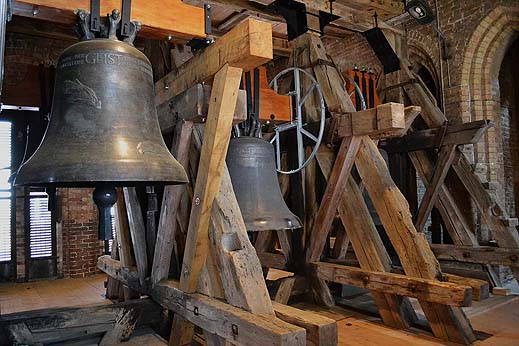 d have to get such facts on the table!
d have to get such facts on the table!
The Internet can also intervene and publish the reports of those concerned, with the aim that the mafia will voluntarily change to the right side and the terrorists will follow or vice versa.
Ursula Sabisch, Empress
or do you better make ends meet with
Ursula Sabisch, Rumpelstiltskin?
HP: If no one in the world were allowed to own more than one needs for oneself and one`s family, then it would be easier and fairer for everyone in the world. But there will, there should, and there must always be some people who will own more than they need, only then it must be mutually recognisable and justified, otherwise you get back to where the world is at the moment; at an impasse!
June 2012
Now a massive famine and drought is rolling into West Africa right now, with 15 million people soon not knowing if they will be allowed to stay alive or if they will have to die, because you and others can make those life and death decisions!
Woe, woe, woe to you if you will not obey, woe to you all!
20.03.2021

